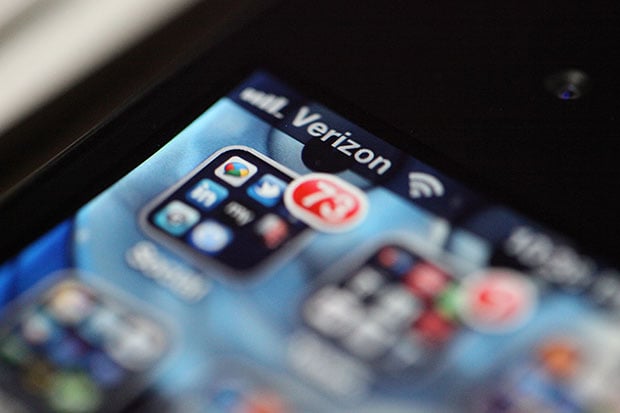Lawmakers Ask FCC To Play Cookie Monster Opposite Verizon’s ‘Supercookies’
It's no secret that communications companies love to feed off of our data, and in the case of Verizon, it prefers to not even tell us about it.
In October, it was discovered that Verizon had been tracking its customers via unique ID. Not long after, the technique was dubbed a "supercookie", as it was, in effect, indestructible. When we clear cookies from our personal browsers, they're effectively gone from the device. Verizon's supercookie is persistent -- the tracking remains on its computers, and regardless of the precautions you take, this unique identifier will always be tied to you.
Late last month, we reported that Verizon had implemented a mechanism to opt out of being tracked, but that doesn't fix the overarching issues: people are opted in by default, and being permanently tracked via unique ID for the company's financial benefit is just wrong.

Flickr: Robert Scoble
The reason this became such a big issue is that it was discovered that ad agency Turn had been making use of the data to target Verizon's customers with advertising. While Turn pleads ignorance, noting that it will review its policies, it looks like some lawmakers want to make sure this isn't forgotten.
Three lawmakers are pursuing the FCC to investigate Verizon's supercookies practice, which I think is a great idea. The less pressure companies like Verizon face when it comes to consumer exploitation, the more we're going to see it happen - and see it try to be kept hidden.
Bill Nelson, one of the senators calling on the FCC, made his intentions clear in late January: "We certainly want to make sure that in this time of ubiquity of eyes prying all around in this electronic age that we are living, that we preserve the rights of privacy for all individuals".
The fact that any company would deem it appropriate to automatically track its customers isn't surprising anymore, but that doesn't make it less disgusting. I'd personally love to see the FCC investigate Verizon, and set a precedent.
It's worth noting that this all comes hot on the heels of the FCC's Tom Wheeler proposing to make our Internet access fall under Title II classification - a move that shouldn't be understated.

